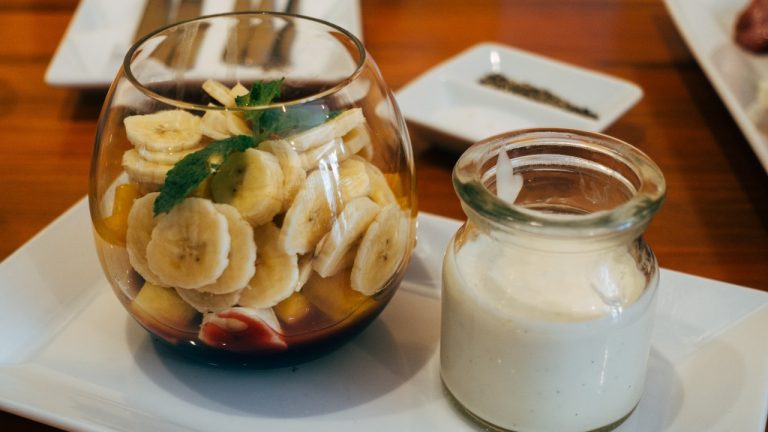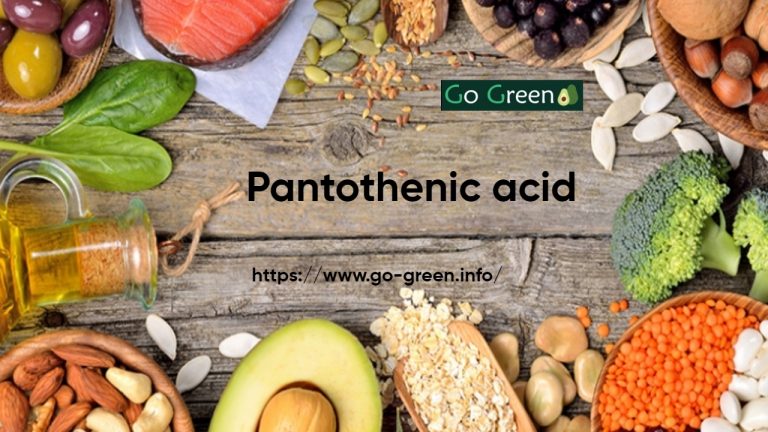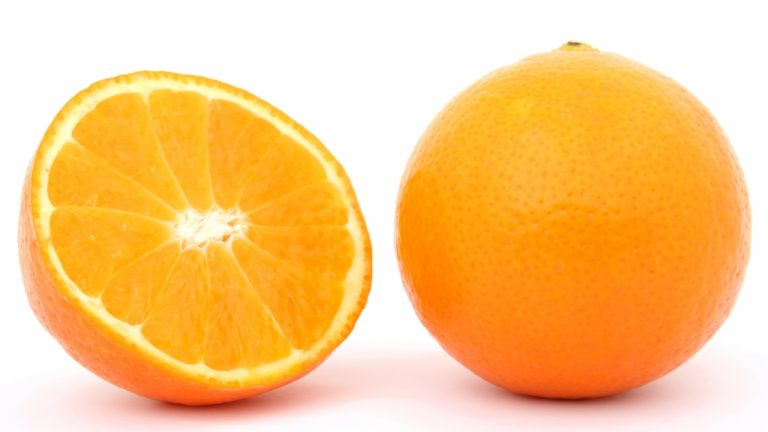Tea and Coffee

Tea and coffee are two of the most popular and most-consumed beverages in the world. And they’re among the healthiest as well. Even though coffee, in particular, gets a bad rap in some corners of the nutrition world, loads of recent research has shown that coffee — in moderation, and only if you can tolerate it without getting “jittery” — may be one of the best habits you can develop in pursuit of a long and vigorous life.
Commonly available teas include black, green, white, matcha, oolong, and herbal varieties. Except for herbal teas, of which there are many, all teas come from the same plant, with the colors and flavors of their leaves resulting from when they’re picked and how they’re processed. There are two main types of coffee — arabica, which is of higher quality and more expensive, and robusta, which can withstand less forgiving soils and climates but is generally considered to have a harsher taste.
The caffeine in coffee and tea has been shown to be anti-inflammatory. And both coffee and tea contain high concentrations of many antioxidants, including catechins, polyphenols, EGCG, vitamin C, and tannins. Matcha tea. in particular, contains about three times as many antioxidants as regular green tea, which is itself an antioxidant champ. Because most people don’t eat a varied diet rich in whole plant foods, the highest sources of antioxidants in many Western diets are actually tea and coffee.
Coffee and caffeinated tea (especially black and green varieties) support cardiovascular health by dilating blood vessels, allowing the heart to work less hard and reducing the risk of ischemic strokes developing from blood clots. Some herbal teas, including chamomile, lavender, lemon balm, and valerian, among others, can help you relax and make it easier to fall asleep. Green tea may be a powerful cancer suppressor. Caffeinated tea and coffee also appear to significantly reduce the odds of developing dementia, and have been shown to be protective against Parkinson’s and other neurodegenerative diseases.
And drinks that naturally contain caffeine can help you be more active, which is associated with dozens of positive health outcomes.
You probably already have a good idea about how to get coffee and teas into your diet — drink them! Avoid adding sugar, for all the well-known reasons, and also cow’s milk, which can block antioxidant activity. Adding lemon to tea, on the other hand, can increase it.
In addition to drinking coffee and tea on their own, you can use them in a variety of beverage recipes, desserts, and even sauces.



